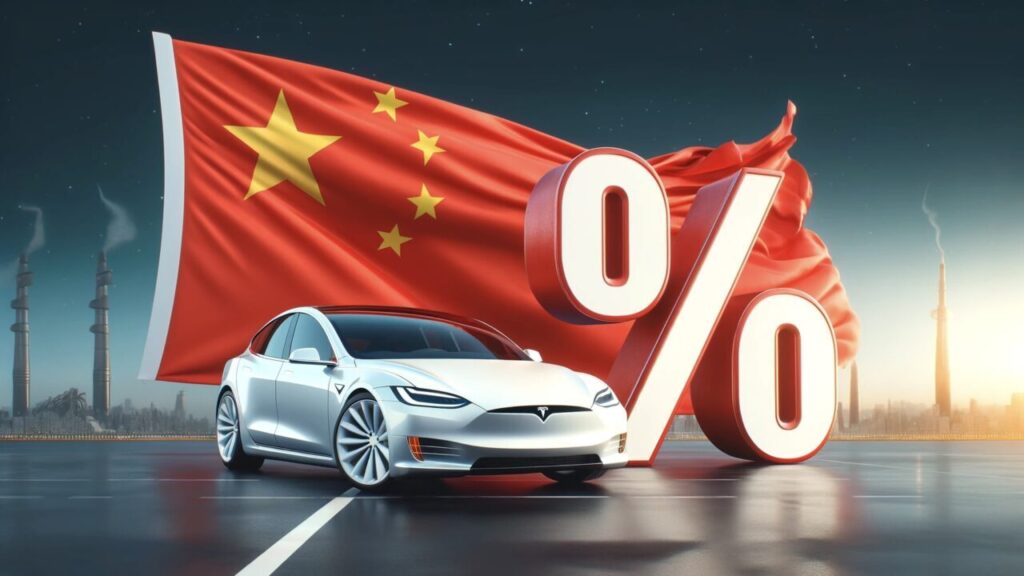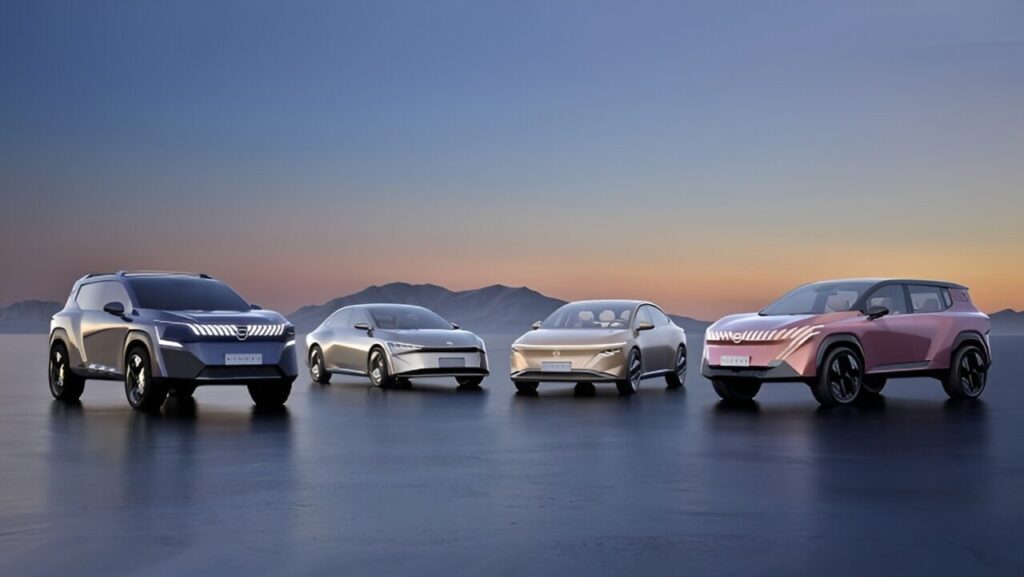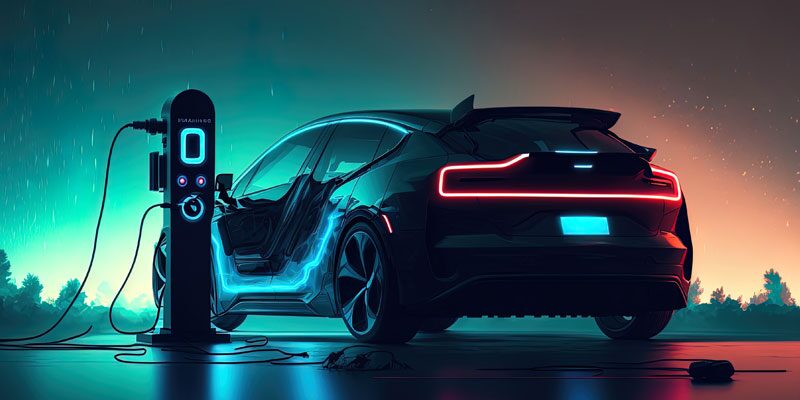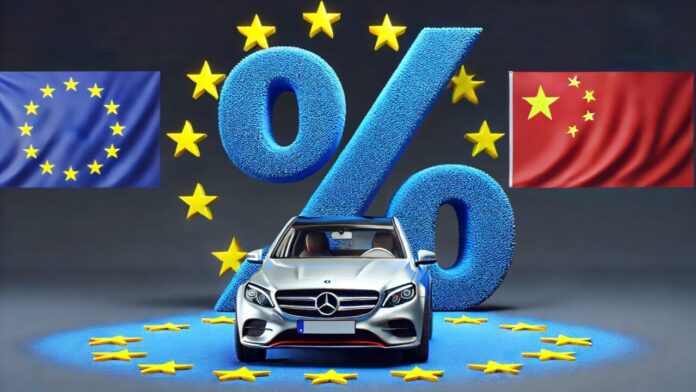The European Commission’s decision to increase tariffs on Chinese-made electric vehicles (EVs) has sparked significant backlash from major European automakers like BMW, Mercedes, Stellantis, and VW. The proposed tariffs, resulting from an anti-dumping investigation, could rise to as much as 38.1%. But why are these automotive giants against this decision? Let’s delve into the details.

Why European Automakers Oppose the Tariffs
- Impact on Competitiveness:
- BMW’s Perspective: CEO Oliver Zipse stated that the tariffs would harm European companies and their interests. He argued that protectionism could lead to new tariffs and isolation, making it harder for European companies to compete successfully in international markets .
- Mercedes’ Viewpoint: CEO Ola Kallenius emphasized the importance of free and fair global trade. He suggested that increasing trade barriers is counterproductive and that reducing such barriers would be more beneficial .
- Volkswagen’s Concerns: VW warned that the tariffs could weaken the already low demand for EVs in Germany and Europe. They believe the negative impacts of these tariffs outweigh potential benefits .

- Economic and Market Impact:
- Stellantis’ Stance: The company supports free and fair competition and believes these measures would fragment global markets rather than unify them. Stellantis highlighted that the full details of the European Commission’s decision will be published on July 4, 2024 .
- Volvo’s Warning: Chief Commercial Officer Björn Annwall pointed out that the tariffs would increase the cost of EVs, ultimately affecting consumers who would have to pay more .
- Potential Trade Conflicts:
- VDA’s Concerns: The German Association of the Automotive Industry (VDA) argued that such measures could trigger trade wars and would not enhance the competitiveness of the European automotive industry .
- Broader Industry Effects:
- Impact on Other Manufacturers: The tariffs would not only affect European brands but also companies like Tesla, which imports its Model 3 from China, and BMW, which produces the iX3 electric SUV and the new electric MINI in China. These manufacturers could face billions of euros in additional costs due to the tariffs .

Implications for the Future
The new tariffs could have far-reaching implications:
- Potential Trade Wars: Increased tariffs might lead to retaliatory measures from China, affecting other industries and potentially leading to broader economic conflicts.
- Increased Costs for Consumers: Higher tariffs could make EVs more expensive, slowing down the adoption of green technology in Europe.
- Strategic Shifts: European automakers might need to reconsider their production and supply chain strategies, possibly leading to increased domestic manufacturing or alternative sourcing.
The ongoing debate highlights the delicate balance between protecting domestic industries and maintaining competitive, fair, and free trade practices. The ultimate impact on the European automotive industry and its global trade relations remains to be seen.
What are your thoughts on this issue? Share your views in the comments below!

